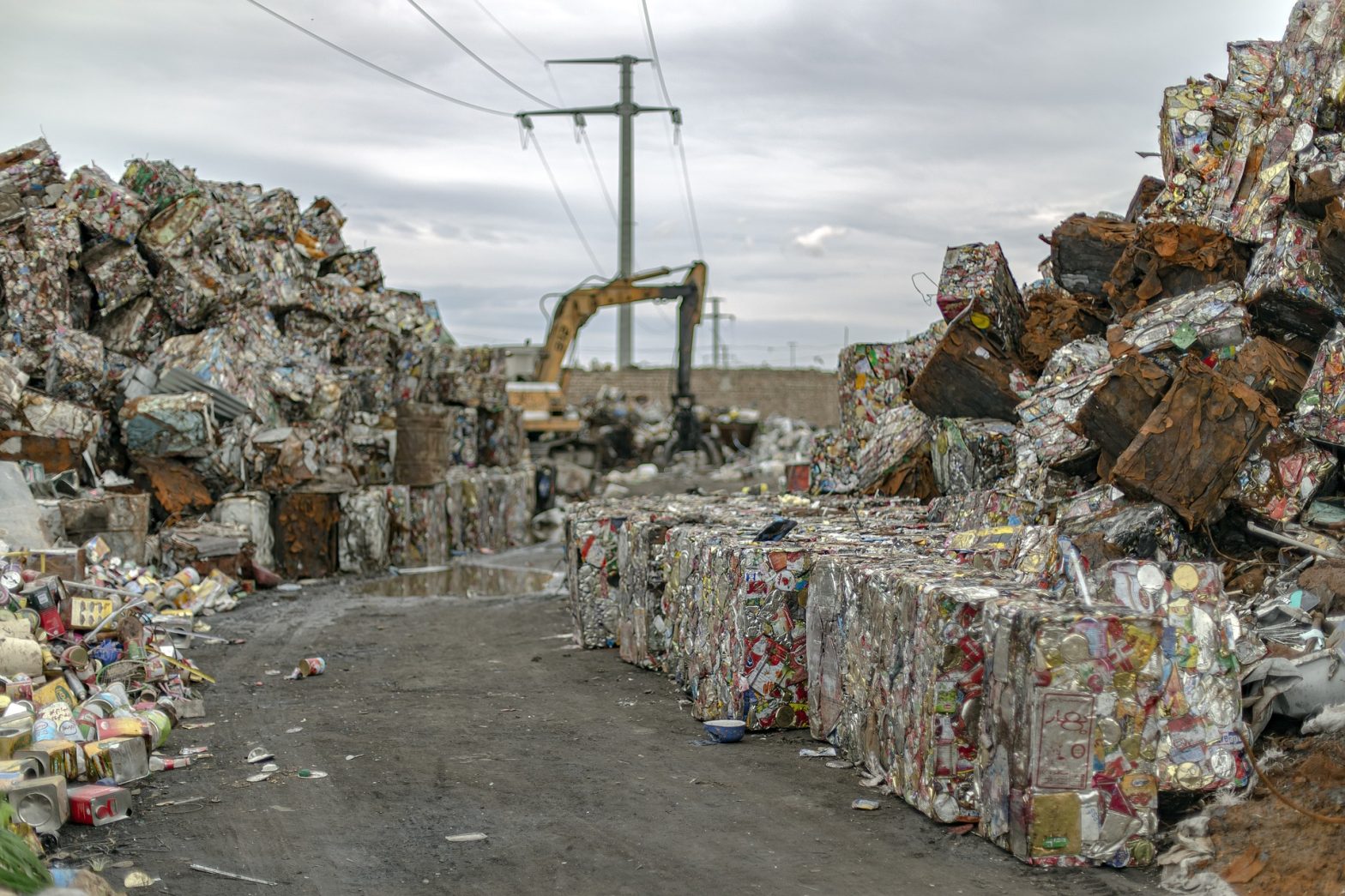Sustainability is a subject of paramount importance today, as various different topics and issues converge: the climate crisis; the sullying of UK coastal waters by sewage and chemical waste; and the degradation of natural environments due to plastic waste and fly-tipping, to name but three.
Waste management has always been a crucial part of any business’ infrastructural design, for the betterment of the immediate environment as well as to comply with stringent building and health and safety regulations. But what does the regulatory landscape look like for the handling of hazardous waste – and how best can new businesses meet the challenge of proper handling and disposal?
The Regulatory Landscape
Much of the regulatory framework surrounding proper waste management is handled by the Health and Safety Executive, given the immediate risk to human health posed by direct interactions with dangerous chemicals and materials. These health and safety regulations ensure that workers remain safe while carrying out processing and disposal duties, which are themselves governed by the Hazardous Waste Regulations 2005.
There are many different laws and regulations – including building and health and safety regulations – that must be considered when creating a plan for dangerous materials. Perhaps most importantly though, if you are intending to dispose of waste within your business regularly, you will need to register as a waste carrier first.
Minimising Waste
Of course, before we even come to the matter of handling and disposal, there is the preventive method of approach. Minimising the amount of waste produced by your business means less waste to worry about recycling or safely disposing of – and less environmental or health risk inherent to such recycling or disposal processes. You may be able to configure your manufacturing or treatment processes to better use and re-use raw materials.
Safe Handling and Storage
With regard to the unavoidable generation of some hazardous byproduct in your manufacturing or processing process, you’ll need a robust and comprehensive framework for safe handling and storage. For newer businesses, this is where the advice of an independent waste control specialist is key; a third-party viewpoint will give you complete oversight of the laws necessary to follow, and the infrastructure necessary to place in order to guarantee safety.
Responsible Disposal
Finally, there comes the matter of disposing your waste safely. Businesses already exist that can handle the safe collection and disposal of hazardous materials, which could be a cost-effective and hands-off option for most businesses. However, as a business with a waste carrier registration, you might be able to conduct your own deliveries to re-use or processing centres.
It is of immense importance that the waste you dispose of does not simply end up in landfill. This is especially true for chemically treated materials like timbers, where the chemicals can leach out into soil and nearby groundwater. Every step of the process needs to be followed and considered, to ensure your business is meeting its ethical obligations to environmental concerns.
































